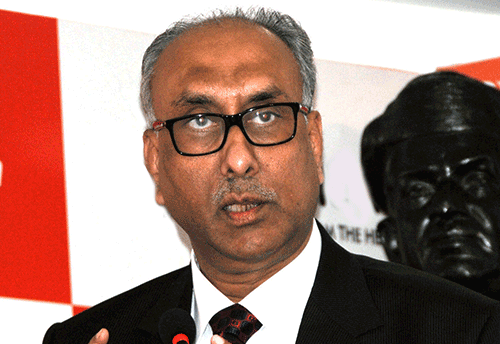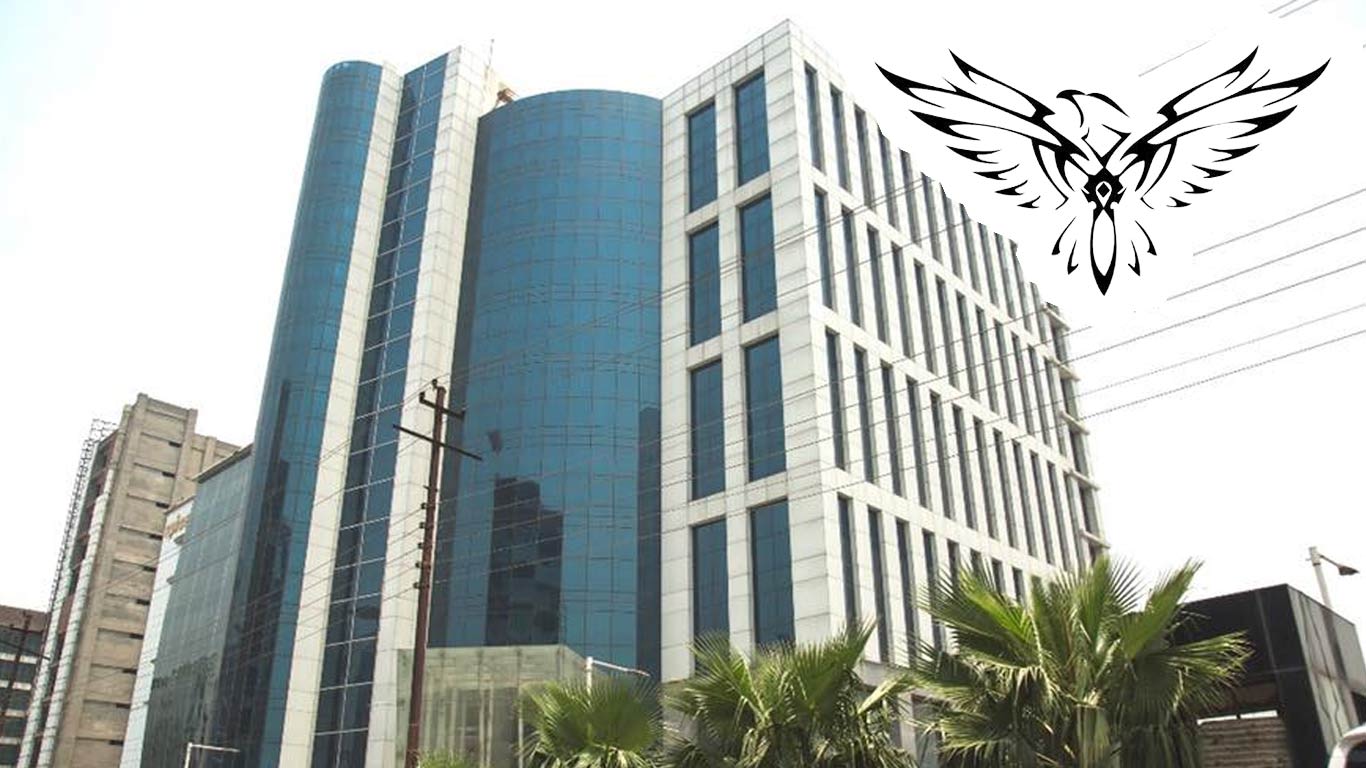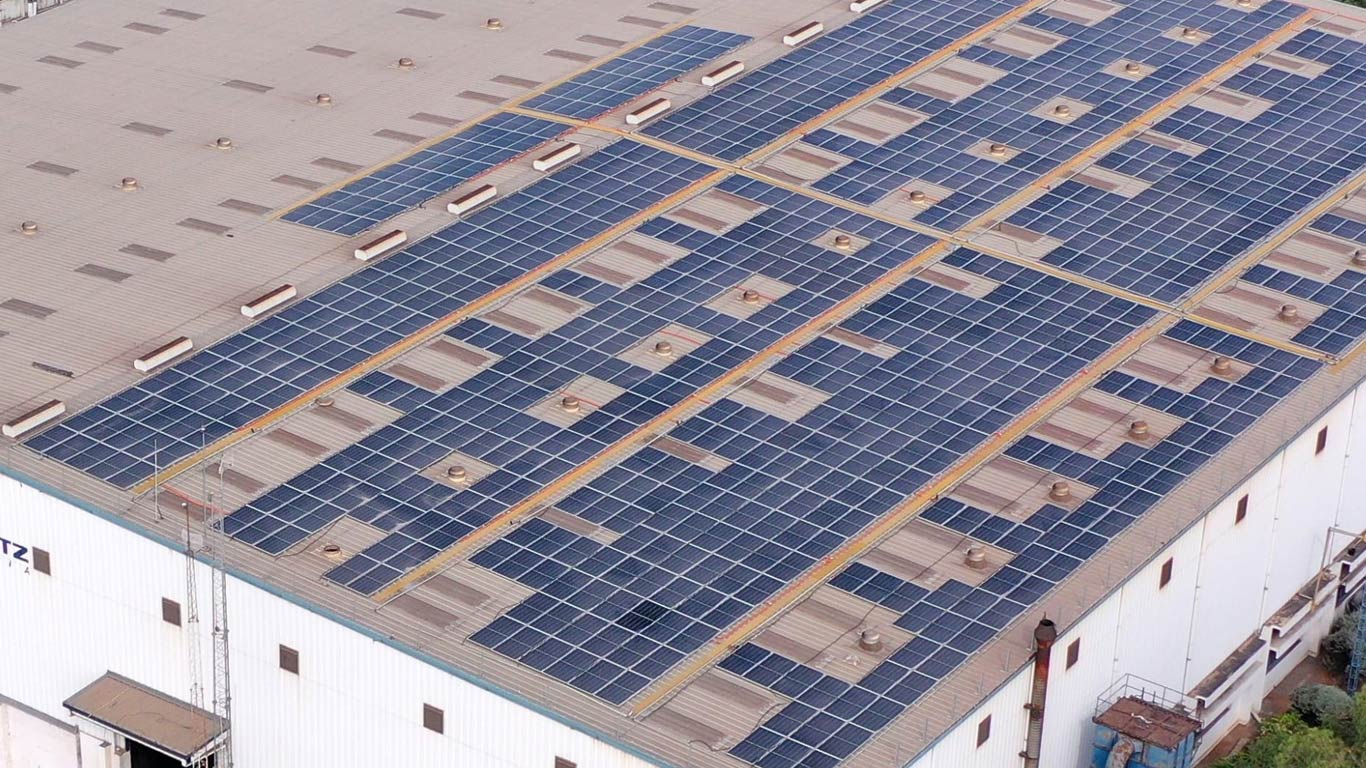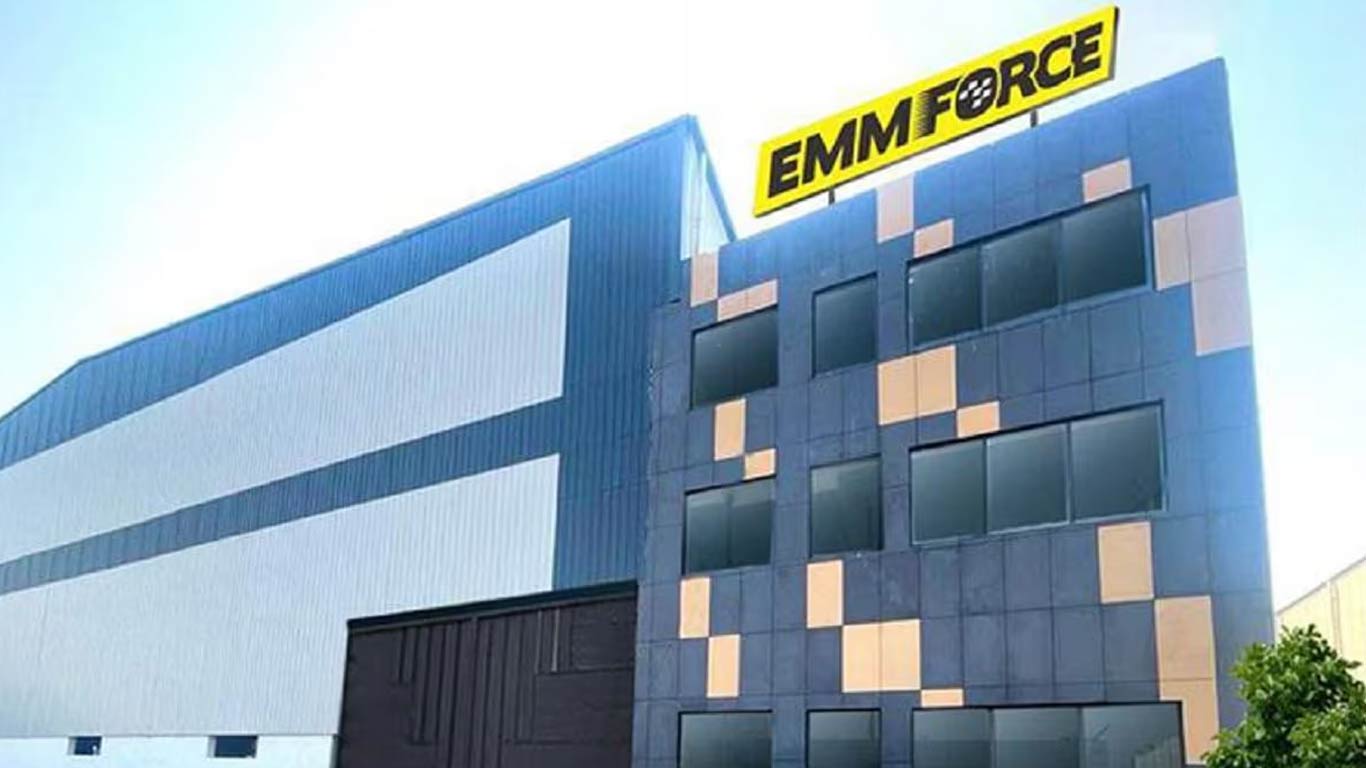MSME lending being hugely underserved market is a major opportunity for FinTech Start-ups: SS Mundra
Updated: Feb 21, 2017 04:36:04am

MSME lending being hugely underserved market is a major opportunity for FinTech Start-ups: SS Mundra
Mumbai, Feb 21 (KNN) MSME lending being a hugely underserved market is a major opportunity for FinTech Start-ups to build and scale up sustainable businesses by offering services such as credit underwriting, marketplace lending, etc, said SS Mundra, Deputy Governor, Reserve Bank of India (RBI).
He was speaking on the subject ‘Financing MSMEs: Banks & FinTechs – Competition, Collaboration or Competitive Collaboration?’ at the NAMCABS Seminar organized by College of Agricultural Banking here on Monday.
As per the International Financial Corporation (IFC), a ‘funding gap’ of USD 2.1 to 2.6 trillion exists for all formal and informal MSMEs in emerging markets alone, which is equivalent to 30 to 36 per cent of current outstanding MSME credit.
Mundra said FinTech companies are improving access to finance for SMEs by giving loans themselves, connecting SMEs to banks and financial institutions (Marketplace Model) (e.g. Lendingkart, smelending.com, etc.) or becoming financial product aggregators (e.g. BankBazaar, bookmyforex.com, PolicyBazaar, FundsIndia.com, etc).
The RBI Deputy Governor pointed that the MSME borrowers can apply online in minutes, select desired repayment terms and receive funds in their bank accounts within 2-3 days with minimal hassle.
“There are few documentation requirements, very quick turnaround time and flexible loan sizes and tenors. That the P2P lenders can become a significant source of finance for the small borrowers is evident from the UK example where the P2P lending represents about 14% of the new lending to the SMEs,” he said.
A NESTA survey in the UK suggests that around 55-60% of peer-to-peer business borrowers were either refused bank credit or they had not approached banks considering they were not credit worthy enough.
“Though, corresponding data is not available for India, I believe the position in respect of refusal of credit to potential borrowers may be more acute. FinTech lending companies and the market place based lending, thus, have an underlying potential to emerge as an alternative source of finance for the small businesses,” he said.
Considering the need to strike a balance between regulation of these entities even while preserving their ability to innovate, RBI is currently consulting on approach to regulate the P2P lending.
“Fintech companies as we have seen are disrupting every facet of the traditional financial services business and have emerged as a challenge to the banking system,” he said.
According to a PwC 2016 Global Fintech Survey report, up to 28% of the banking and payments business are at risk by 2020.
The imminent competition to banks’ business comes from the new breed of fintech companies having capacities to address specific pain-points of financial customers such as remittance, credit, savings, etc.
The report adds that MSME banking is likely to be the fourth largest sector to be disrupted by Fintech in the next 5 years after consumer banking, payments, and investment/wealth management, he pointed.
In his concluding remarks, the Reserve Bank Deputy Governor said, “…the age of FinTechs is here and for the incumbent banks there is no time to lose. The banks that do not quickly convert in to a new-age digital bank run the risk of becoming history. They would need to tap the requisite talent and create an environment where such talent can innovate and be agile. The banks must view the success of fintech ecosystem as an opportunity and not as a threat.” (KNN Bureau)











